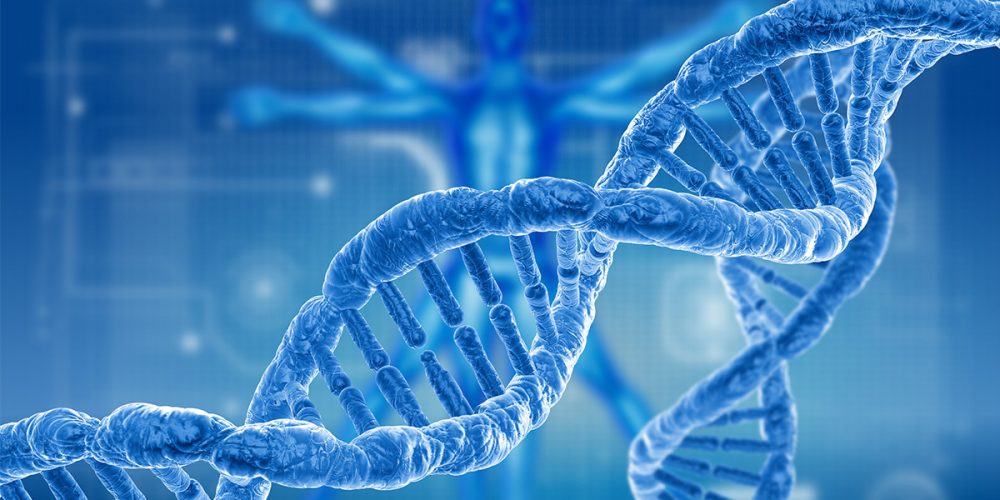Diabetes and Genetics

Genetics play a strong role in the chances of developing both type 1 and type 2 diabetes. Other factors include environment and lifestyle.
Diabetes is an increasingly common chronic condition affecting millions of people in the UK alone.
Diabetes and genetic risk
The risk of developing diabetes is affected by whether your parents or siblings have diabetes.
The likelihood of developing type 1 diabetes or type 2 diabetes differ, as you can see below.
Type 1 diabetes and genetics – average risks
- Mother with diabetes increases risk of diabetes by 2%
- Father with diabetes increases risk of diabetes by 8%
- Both parents with diabetes increases risk by 30%
- Brother or sister with diabetes increases risk by 10%
- Non-identical twin with diabetes increases risk by 15%
- Identical twin with diabetes increases risk by 40%
Type 2 diabetes and genetics – average risks
- If either mother of father has diabetes increases risk of diabetes by 15%
- If both mother and father have diabetes increases risk by 75%
- If non-identical twin has diabetes increases risk by 10%
- If identical twin has diabetes increases risk by 90%
Some other forms of diabetes may be directly inherited, including maturity onset diabetes in the young (MODY) and diabetes due to mitochondrial DNA mutation.
However, neither type 1 or type 2 diabetes may be entirely genetically determined.
Experts believe that environmental factors act as either ‘initators’ or ‘accelerators.’
Several genes are known as susceptibility genes, meaning that if an individual is carrying this gene they face greater risk of developing diabetes.
Similarly, other genes provide greater immune tolerance for non-diabetics.
My family have type 2 diabetes, will I get it?
Type 2 diabetes is, in part, inherited.
First degree relatives of individuals with type 2 diabetes are more likely to develop the condition than those individuals who have no type 2 diabetes in their family.

